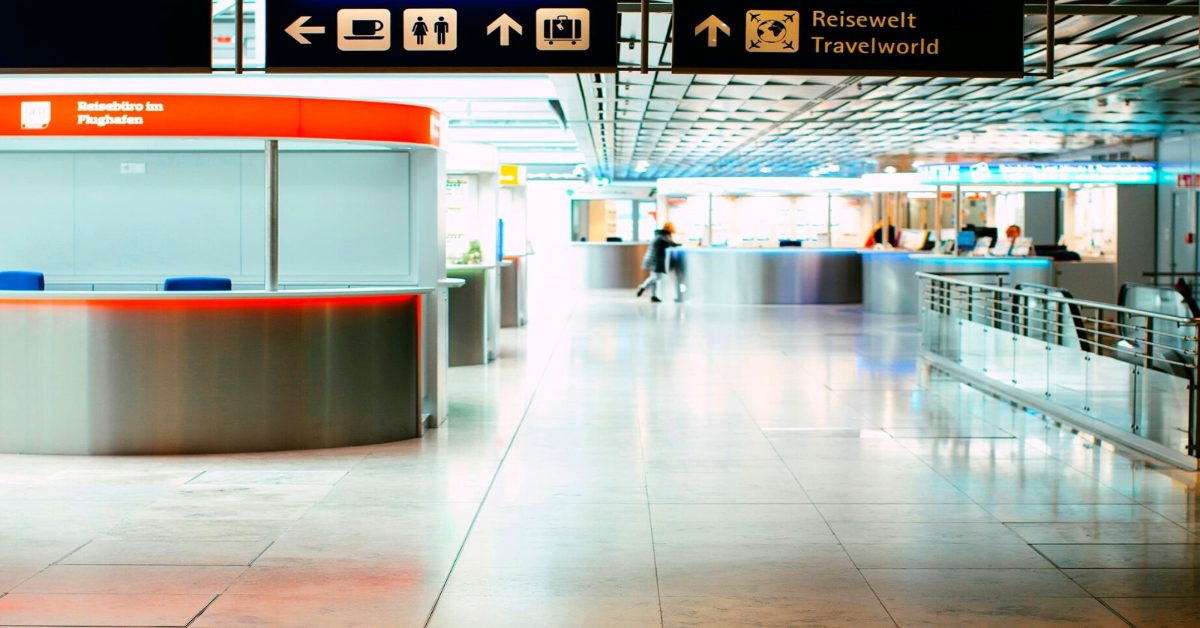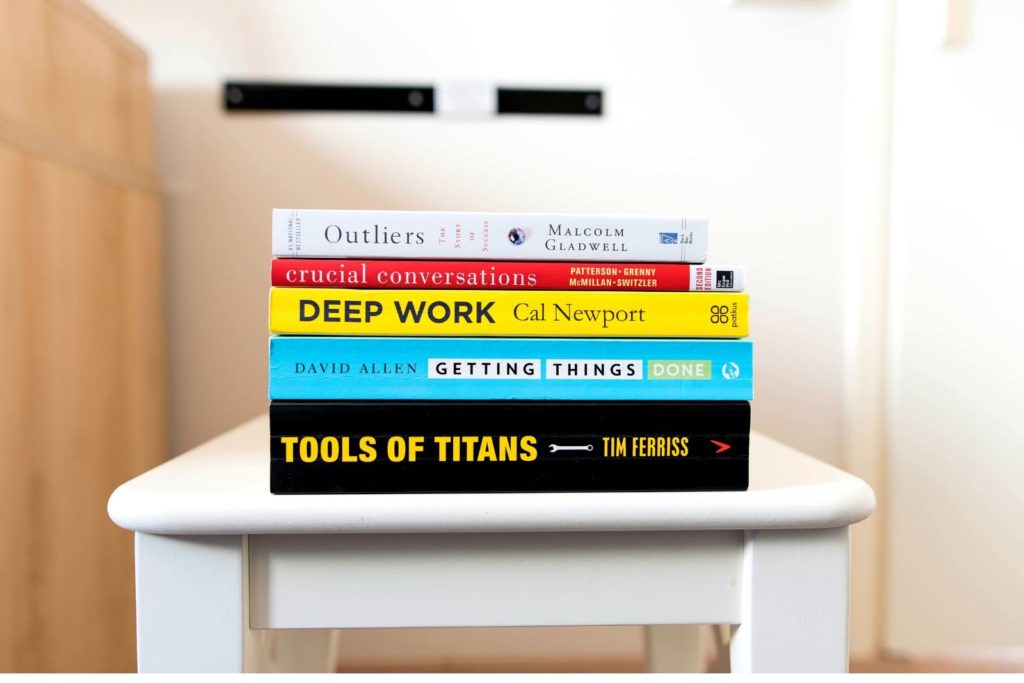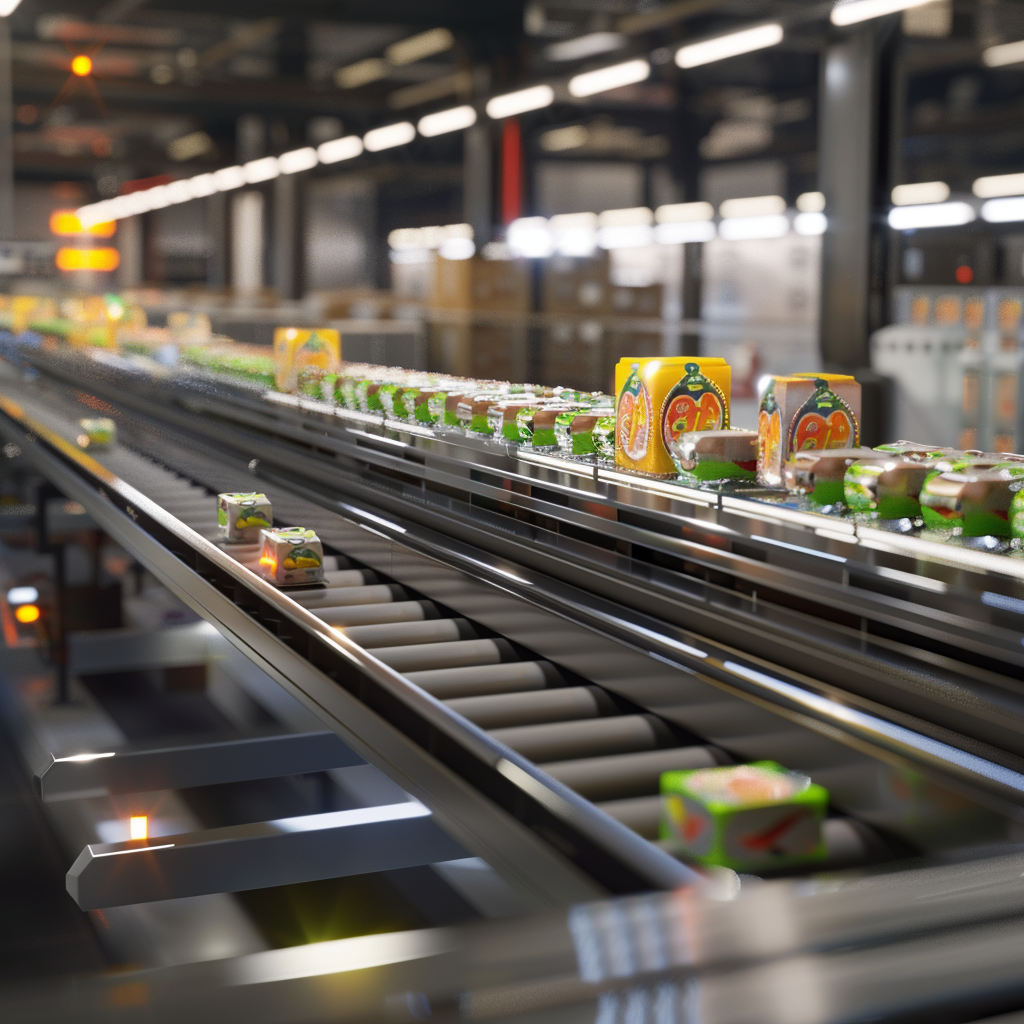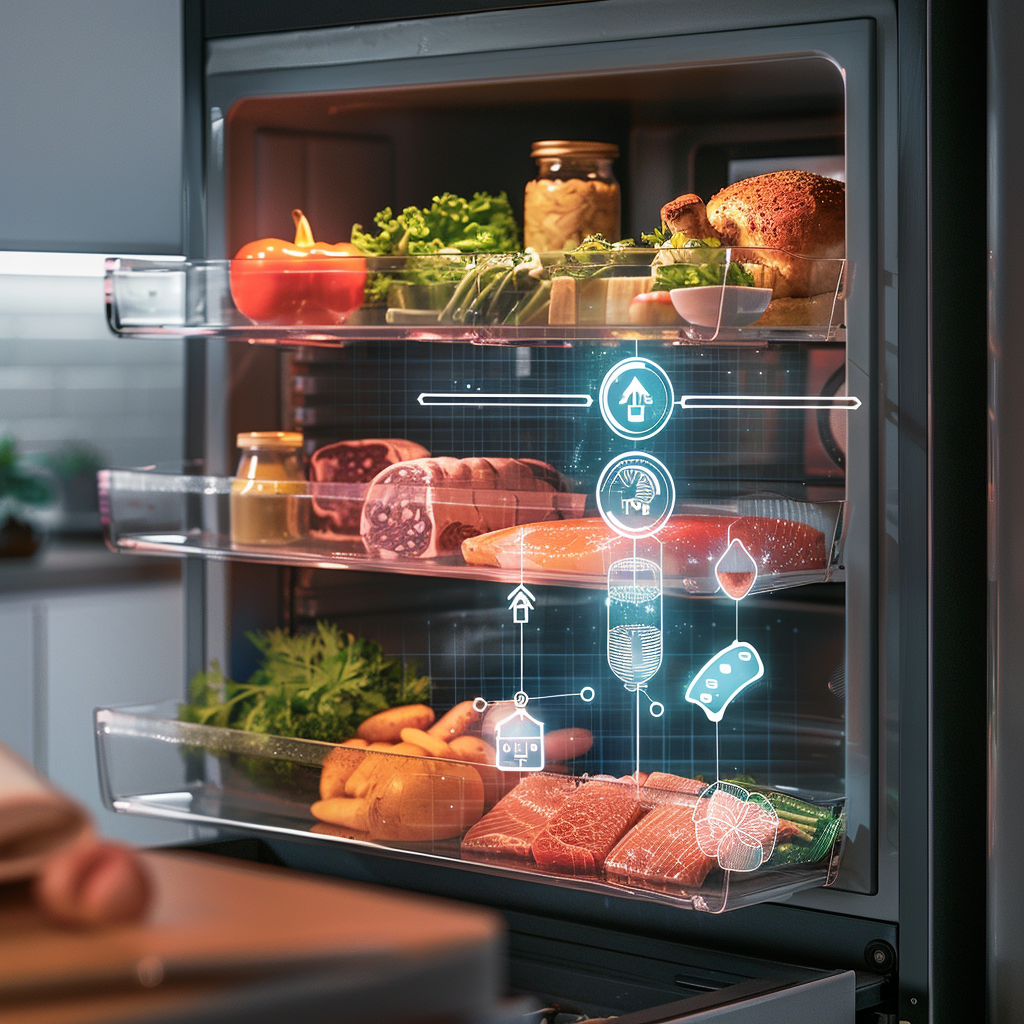
Surviving and Thriving as the Packaging Industry Is Turned Upside Down by COVID-19
All the adversity I’ve had in my life, all my troubles and obstacles, have strengthened me… You may not realize it when it happens, but a kick in the teeth may be the best thing in the world for you.
—Walt Disney
No one wants to get kicked in the teeth. Yet over the last few months, the COVID-19 pandemic has hammered many businesses and leaders. Multibillion-dollar industries have ground to a halt as supply chains have shut down, Disney World is a ghost town, and localized outbreaks have closed essential food processing plants.
Despite a global effort to shut down society and arrest the spread of the deadly coronavirus, many continue to contract the disease. Unfortunately, some will perish. It’s hard to find silver linings in a hurricane of pain and suffering.
Someday, you might look back on the actions you took amid the outbreak and realize that they made your company stronger and helped you grow personally. Humanity proves its mettle in the face of adversity. Yet right now, many skilled business leaders are struggling just to keep their heads above water.
The COVID-19 outbreak is having a dramatic impact on how companies operate day to day. And the crisis may permanently reshape the packaging industry. Decision-makers need to react to short-term disruptions, such as switching to remote work, while also preparing for long-term structural changes.
Let’s take a look at what the experts have to say about the industry and leadership amid the COVID-19 pandemic.

Seismic Change Reverberates Through the Packaging Industry
Every day is a fresh challenge. Just a few months ago, stock markets were at all-time highs and the unemployment rate was historically low. Many businesses thrived.
Now, decision-makers are trying to coordinate staff working from home while keeping necessary facilities open. Some packaging companies have been classified as essential businesses on the frontline. It’s not only your firm but society that’s depending on you.
Writing for McKinsey, David Feber, Oskar Lingqvist, and Daniel Nordigården note:
“As the coronavirus outbreak has spread and its humanitarian impact has grown, industries that help provide for essential needs, such as getting food and required supplies safely to consumers, are increasingly affected.”
The outbreak has also pushed some serious concerns, like sustainability, into the background. To reduce the mountains of trash piling up in landfills, many experts have been shifting to minimalist packaging.
Yet now, hygiene and protecting products, including food, from contamination have moved to the forefront of concerns. Extensive packaging is back in style. Speaking to Ink World, Dr. Manfred Tacker argues:
“…where the retail sector had been eliminating packaging, it is now being reintroduced in order to protect food from contamination, make its safe transportation possible and guarantee optimum product shelf lives.”
Dr. Tacker acknowledges that the trend towards sustainability will continue, even if the pandemic slows progress. Fundamental, lasting change in the industry is possible. Dr. Tacker notes:
“Governments and businesses will increasingly look at how supply chains can be made more resilient to crises. Who could have imagined closed borders across the European Union just a few weeks ago? This speaks in favor of local production and regional partnerships.”
Feber, Lingqvist, and Nordigården echo this sentiment, stating that:
“…border closures are leading to challenges for companies with extended supply chains and those that rely on teams to be able to move internationally to overhaul equipment.”
China has emerged as a vital supplier for numerous industries and the world in general. But should the world be so reliant on one country? The ongoing pandemic is forcing leaders to ask tough questions. Some companies and nations may look to diversify supply lines in the future.
Globalization has been a major force over the past few decades.
Yet the epidemic may encourage firms to diversify their supply chains or bring production closer to home. American companies may look to expand production in the U.S. or Mexico, for example.
No one can predict the future, but it’s a safe bet that the packaging industry and the global economy will undergo permanent, lasting change after the crisis abates. For now, decision-makers need to make sound leadership a predictable constant.

Steady Leadership In The Face of Adversity
Every leader is being tested. And no b-school or on-the-job training could fully prepare you for a once in a century calamity of this magnitude. The first step for navigating this pandemic is honesty, both with yourself and your staff. Writing for the Harvard Business Review, Professor Amy Edmondson notes:
“Few problems improve with age, and public health crises are no exception. Transparency is “job one” for leaders in a crisis. Be clear what you know, what you don’t know, and what you’re doing to learn more. You can’t manage a secret, as the old saying goes.”
In a moment of adversity, you may feel overwhelmed or believe that you lack the skills to succeed. Self-doubt is natural, but remember, many people are struggling right now. You’re not alone.
There’s always a temptation to deflect bad news. Why not wait until you get your feet under you before sharing anything negative? Unfortunately, that doesn’t work in a fast-moving crisis. Edmondson further elaborates:
“Taking the reputational hit today from the release of bad news is likely to earn — for leaders, organizations, and nations alike — dividends in the form of future reputational gain, bringing the benefits that come when internal and external constituents trust what you say and have confidence in your commitment to solving the problems that lie ahead.”
Most companies have reduced or eliminated face-to-face time. Many managers and employees are learning to work remotely, which involves high levels of trust. Transparent communication may help you keep far-flung teams on track for success.
Remember that your coworkers will face personal challenges. That’s why career expert Roberta Matuson argues in Forbes that leaders must be flexible:
“The workers you’re sending home have lives that may not be conducive to working remotely. They might have kids who’ve been sent home from daycare or school, or a spouse who works remotely. Be less concerned about the hours they work and more concerned about the results.”
And as always, lead by example and let your strength shine through. Matuson offers further wisdom for these trying times:
“Right now, it feels like the sky is falling, but this too shall pass. Your employees are counting on you to stay strong. Feeding into their anxiety will only make matters worse. Allow employees to express what’s on their mind and acknowledge their feelings. Then try to shift the conversation to something they can control, like the quality of their work.”
Mother nature, government policies, and random luck can all have a huge impact on our lives and businesses. What should we do? Rise to the occasion. For years, packaging experts have overcome countless challenges, using innovative products to increase safety, protect health, reduce pollution, and more. COVID-19 is yet another challenge, but one we will conquer.
What does this have to do with executive recruiting? EVERYTHING! How can we find the best innovators unless we know what they look like? It’s also how we built Chase. Authenticity. A strong company culture. Innovation.
Chase & Associates
We Have Your Back
STAY IN THE LOOP
Sign up to get blog updates, download our epic white papers, and more!
"*" indicates required fields
Our Recent Posts
Have you ever considered how AI could revolutionize quality control and assurance in packaging, akin to a silent but efficient guardian? Imagine a world where precision and consistency converge seamlessly [...]
Are you tired of witnessing vast amounts of food being needlessly discarded? Imagine a scenario where AI-enabled packaging technologies have the potential to drastically reduce this wastage by revolutionizing food [...]
Imagine your private equity firm as a well-oiled machine, each team member a vital cog working seamlessly to drive growth and success. As you navigate the intricate path of team [...]


